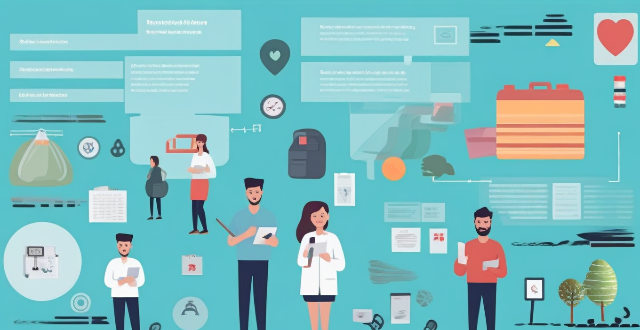To ensure the safety of elderly people while traveling, it's crucial to plan ahead, take health precautions, consider physical limitations, implement security measures, maintain communication, travel with companions if possible, and have proper insurance and documentation. Planning includes researching the destination, booking senior-friendly accommodations, and mapping out routes. Health precautions involve carrying necessary medications and having a list of local healthcare providers. Physical safety tips include using assistive devices and choosing easy transportation options. Security measures involve protecting valuables and being cautious of strangers. Communication tools should include a charged mobile phone and emergency contact list. Traveling with companions offers support and shared responsibilities. Finally, ensuring valid passports, visas, and adequate travel insurance is essential for a safe trip.

How Can Elderly People Stay Safe While Traveling?
Traveling can be an exciting and enriching experience for people of all ages, including the elderly. However, it's important for seniors to take extra precautions to ensure their safety while on the road. Here are some tips to help elderly travelers stay safe:
1. Plan Ahead
Proper planning is crucial for a safe and enjoyable trip. This includes researching your destination, booking accommodations that are senior-friendly, and planning your route in advance.
Key Points:
- Research local customs, laws, and emergency services.
- Book hotels with elevators or ground floor rooms.
- Plan direct routes to minimize confusion and fatigue.
2. Health Precautions
Maintaining good health is essential, especially when traveling. Make sure to pack any necessary medications and have a plan for managing any chronic conditions.
Checklist:
- Carry a sufficient supply of prescription medications.
- Pack over-the-counter medicines for common ailments.
- Have a list of local healthcare providers and pharmacies.
3. Physical Safety
Elderly travelers should be mindful of their physical limitations and take steps to avoid injury.
Safety Tips:
- Use assistive devices like canes or walkers if needed.
- Avoid carrying heavy bags or luggage.
- Choose transportation options that are easy to get in and out of.
4. Security Measures
Staying secure is important, especially in unfamiliar places. Take steps to protect yourself from theft or scams.
Security Advice:
- Keep valuables out of sight.
- Be wary of strangers offering unsolicited help.
- Use hotel safes for storing important documents and items.
5. Communication
Stay connected with loved ones and have a way to reach out for help if needed.
Communication Tools:
- Bring a charged mobile phone with international service.
- Consider carrying a portable charger or spare batteries.
- Have a list of emergency contacts easily accessible.
6. Travel Companions
Whenever possible, it's beneficial to travel with someone who can offer assistance and companionship.
Companion Benefits:
- Having someone to watch your belongings while you're in public restrooms.
- Sharing the responsibility of navigating and decision-making.
- Providing emotional support during challenging moments.
7. Insurance and Documentation
Make sure you have the right insurance coverage and all necessary documents are up to date and easily accessible.
Essential Documents:
- Valid passport and visas (if required).
- Travel insurance that covers medical emergencies.
- Copies of important documents stored separately from the originals.
By following these guidelines, elderly travelers can significantly reduce risks and enjoy their journeys with peace of mind. It's always better to be prepared and take those extra steps to ensure a safe and pleasant travel experience.